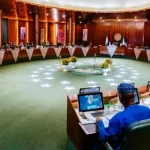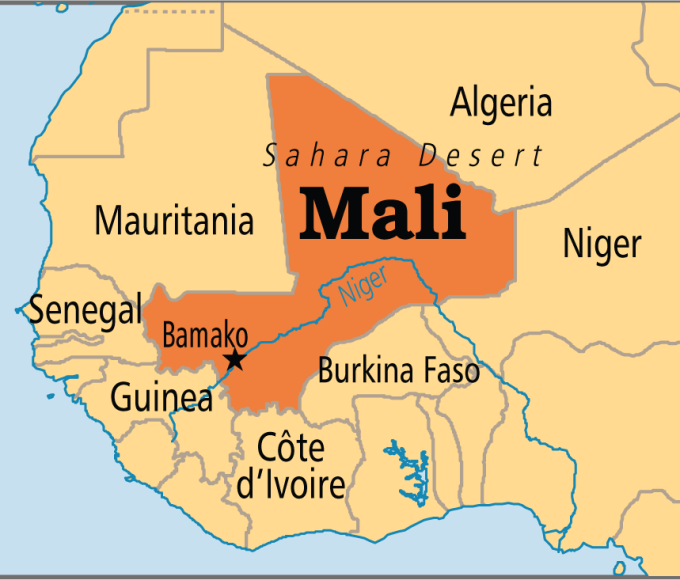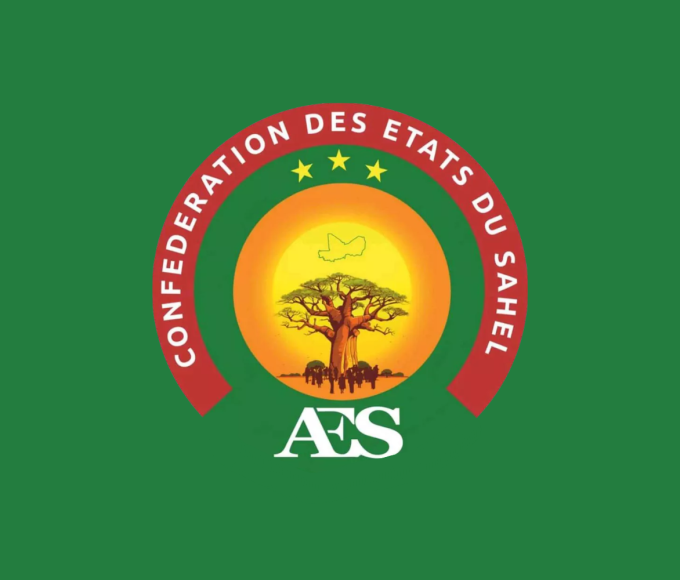
Tinubu Regime Bans New Federal Universities, Approves New Private Ones, Pushes Western Policies On Nigerian Education

Nigeria’s education sector is currently undergoing policy shifts, sparking widespread criticism and raising concerns about the nation’s commitment to public education. The Federal Government’s recent seven-year ban on the establishment of new federal universities, polytechnics, and colleges of education, alongside the approval of nine new private universities, has resulted in a heated debate. These policies not only undermine public education but also reflect a long-standing pattern of external influence, particularly from Western entities, favouring private sector growth over equitable access for all citizens.
On Wednesday, August 14, 2025, Minister of Education Dr. Tunji Alausa announced the Federal Government’s approval of nine new private universities. These include Tazkiyah University in Kaduna State, Leadership University in Abuja, and Unique Open University in Lagos State, among others. The approvals followed stricter guidelines that reduced a backlog of 551 pending applications to 79 active ones. Alausa explained that the approvals were intended to clear this backlog and address inefficiencies within the NUC.
Just a day earlier, on August 13, 2025, Alausa announced a seven-year moratorium on the creation of new federal tertiary institutions. The government’s stated aim is to curb the unchecked proliferation of under-utilised institutions, which have allegedly resulted in inefficiencies, poor infrastructure, inadequate staffing, and declining student enrollment. He cited examples such as an unidentified northern university with 1,200 staff but fewer than 800 students, and some institutions, including 64 colleges of education, receiving zero applicants through JAMB last year.
According to the Minister, the ban seeks to refocus resources on improving existing institutions and maintaining the quality and international standing of Nigerian graduates. The approval of private universities does not affect the moratorium on federal institutions.
The moratorium will allow the government to refocus resources on improving existing institutions by upgrading facilities, recruiting qualified staff, and expanding their carrying capacity,” the Minister said.
However, President Bola Tinubu’s handling of education is scaling up the education failures observed during his tenure as Lagos State Governor (1999–2007). He is turning a state-level struggle into a national crisis. The education system is plagued by chronic underfunding, with Nigeria’s education budget remaining below 8 per cent, far short of UNESCO’s recommended 15–20 per cent. Public institutions face crumbling facilities and frequent strikes, while secondary schools remain overburdened and under-equipped.
An example of the crisis is the state of national examinations. Recent WAEC and JAMB exams have been marred by chaos, including computer failures, poor facility conditions and logistical issues, with some students resorting to candlelight and phone torches due to power outages. Only 38.32 per cent of candidates achieved credits and above in at least five subjects, including Mathematics and English, in the 2025 WASSCE due to a technical glitch, signalling a severe decline in educational quality.
Rising inflation and economic hardship, worsened by subsidy removals, have forced many families to withdraw their children from school, contributing to an out-of-school crisis. The government has been accused of deliberately promoting illiteracy to facilitate election manipulation.
The current policies are part of a continuing pattern of Western economic influence. For decades, particularly in the 1980s and 1990s, the International Monetary Fund (IMF) and World Bank pressured African governments to implement neoliberal Structural Adjustment Programmes (SAPs).
These programmes required nations to cut public services, privatise sovereign assets, and remove protectionist measures. SAPs re-imposed the imperial relationship by asserting Western control over national economic policy, resulting in a negative impact on African populations, leading to declining per capita GDP, rising poverty, and reduced human development outcomes.
Historically, the World Bank systematically marginalised higher education in sub-Saharan Africa from the 1960s to the late 1990s. They argued that developing countries had over-invested in higher education, while primary education provided higher social returns. Recommendations included rationing secondary and higher education and changing demand patterns for education through suitable pricing.
Reports explicitly advocated shifting the public costs of higher education to students and encouraging the growth of private universities by withdrawing public funding. A controversial 1985 World Bank Discussion Paper suggested that African countries would be much better off closing down existing universities and training people in foreign institutions instead. This approach led to the systematic marginalisation of tertiary education in sub-Saharan Africa for many decades.
The current Nigerian government’s actions mirror policies the World Bank promoted. The World Bank’s “Learning for All” strategy now embraces a partnership paradigm that includes collaboration with the private sector and universities, blurring public-private distinctions. This does not erase the historical effects or the ongoing push toward privatisation.
Nigeria’s recent economic policies, including subsidy removals and currency devaluation, echo strategies outlined in the declassified 1974 U.S. Kissinger Report (National Security Study Memorandum 200). The report identified Nigeria as a country where population growth could threaten U.S. economic and security interests by consuming too many domestic resources. It proposed using foreign aid and health programmes to encourage fertility reduction, which is soft imperialism, aimed at keeping Nigeria economically weak enough to remain dependent while ensuring the continued flow of resources, particularly oil, to the United States. This locks Nigeria into another generation of underdevelopment and poverty.
The reduction in public investment, the increase in private universities, and decades of foreign economic pressure have created an education system designed to fail those who need it most, painting a stern picture for Nigeria’s educational future. By starving public institutions while opening doors for profit-driven alternatives, the government is sacrificing Nigeria’s future on the altar of the West.
Western financial institutions built the stage for this crisis, and the Tinubu administration is now reinforcing it brick by brick. Unless the government abandons this path, invests heavily in public education, and rejects foreign-imposed blueprints, the country risks condemning an entire generation to poverty, unemployment, and immiseration.
This is not just bad policy, but a betrayal of national sovereignty. Education is not a luxury or a business opportunity. It is the foundation of any sort of national freedom, prosperity, stability, and progress. Any government unwilling to protect that foundation is unfit to lead.
About The Author
%s Comment
Leave a Reply Cancel reply
Related Articles
Gold Sector Revival Expected to Drive Mali Growth Next Year
The International Monetary Fund has projected that Mali’s economy will return to...
ByWest Africa WeeklyDecember 22, 2025Burkina Faso, Mali and Niger Formalise New Regional Security Alliance
Burkina Faso, Mali and Niger have formally launched a joint regional military...
ByWest Africa WeeklyDecember 22, 2025Ghana Receives Nigerian Military Aircraft After Burkina Faso Release
A Nigerian Air Force aircraft that had been held by Burkina Faso...
ByWest Africa WeeklyDecember 22, 2025Burned Files, Altered Laws: The Growing Pattern of Disappearing Records Under Tinubu
A fire outbreak at the headquarters of the Federal Inland Revenue Service...
ByWest Africa WeeklyDecember 21, 2025












Sadly neither this nor anything linked to the IMF, global South and Europe especially is intended to save or help Nigeria. Our examination boards, internal and external are a mess. They systems and funding mitigated silently. In a land where we once boasted of free education, our children and teachers are now under RENWEDHOPE slavery in the name of loans. We have the east siphoning our northern crude and the west drinking our southern crude. We have facilities that are runned by the worse of us, we have systems designed to reap the soul of the people who without giving back in anyway. Now we have hindrances, no just on today, but on our future. Nigeria is known around the word for their intelligently even from these broken systems. Rather than fix bridges; nationalize private education and mout 3x check on the over federal institutions, hasten student learning and growth so you can pour them into the development market in supposed “employment coming”, restructure the teaching system and curriculum to fit current knowledge standard, current rezearch standards and to train children from young to be useful and logical, not just mindless, number resiting drones.